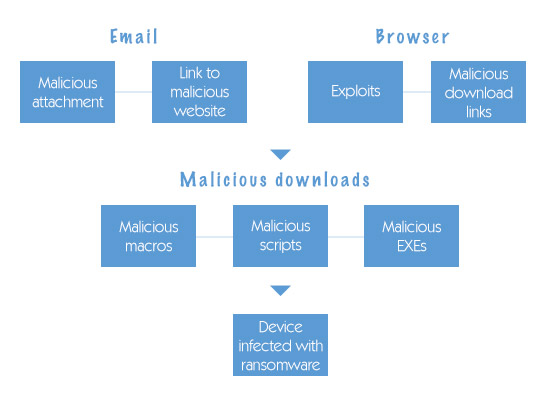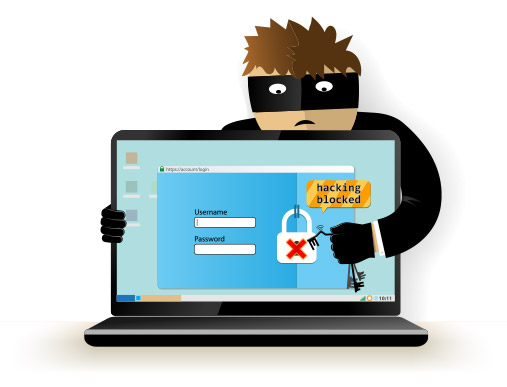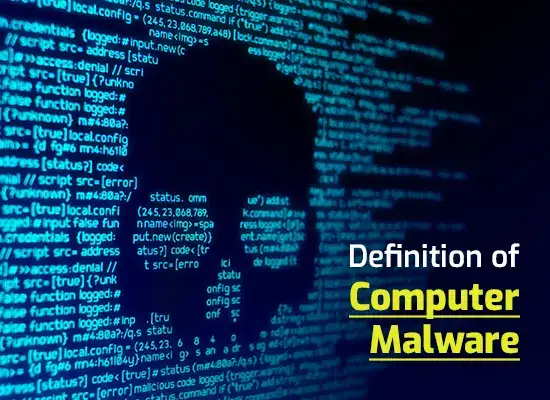How To Defend Against Ransomware
Updated on October 21, 2022, by Xcitium


Ransomware is an advanced type of malicious malware that is capable of blocking a user’s access to his files until he has paid the ransom demanded by the attacker. With ransomware creators continuously seeking out opportunities to infect more computers, users worldwide definitely, need to know how to defend against ransomware and keep their computers safe.
Ransomware creators use a military-grade encryption algorithm that can encrypt all kinds of files (videos, images, audio) that reside in their computer’s memories. Ransomware can also scramble file names so they won’t be able to detect which data is infected and not.
Cybersecurity researches see two types of ransomware currently in circulation. The first one is called encrypting ransomware. This type is designed to block all victim’s data and demand a ransom payment in exchange for the unique passkey necessary to unblock the encrypted content. The other one is called locker ransomware. This ransomware type does not encrypt the victim’s data but it will prohibit them from having access to their computer until they paid the ransom the attacker demanded.
Though ransomware use a complex set of evasion techniques that makes them hardly detectable, users can still give themselves cybersecurity protection knowledge so they’ll be able to take necessary measures to defend against ransomware effectively.
Tips on How to Defend Against Ransomware
Tip 1: Update Your Software
The first thing to do to defend against ransomware attacks is to to make sure that all software, including the operating system, are regularly updated. By regularly updating software, users can significantly increase their computer’s cybersecurity posture and defend against ransomware and other types of malware more efficiently. Most vendors regularly release updates and patches so users should always remember to check them out and update immediately. It would be better if they can enable automatic updates on their device so they’ll immediately receive the latest patches and updates once the vendor releases them.
Tip 2: Use Security Software Tool
Another effective way to defend against ransomware attacks is by keeping computers safe using a reputable scanning software which can identify unknown and malicious files residing on the computer. Users should choose a tool that can provide them with real- time protection. An ideal scanning software is one that can send you comprehensive reports about the trust level of your files so they can be regularly updated about the current status of their system.
Tip 3: Never Click Unfamiliar Links and Attachments
A user with proper knowledge on how to defend against ransomware knows that malicious links and file attachments are among the most common techniques ransomware creators use to inject the ransomware virus to the victim’s computer. Therefore users should never click unfamiliar links and download file attachments especially if they’re coming from the spam folder.
Usually, ransomware creators send out huge volumes of spam email to potential victims. These emails contain links and attachments that when clicked will automatically download the ransomware onto the computer. Ransomware creators typically pretend to be a reputable institution that the potential victim knows users need to make sure that they carefully check the sender for its authenticity before clicking any link and attachment included in the email.
Tip 4: Backup your files
Finally, one of the things that users MUST remember to defend against ransomware is the importance of backups..Anyone can do this either by saving it on the cloud (Google Drive, Dropbox) or in a portable hard drive. By doing this, they won’t be need to deal and give in to the demands of ransomware creatosr as they have backup copies of all data encrypted by the attack. What they need to do after is to take the necessary steps to remove the malware from their devices and copy the backup files to their now ransomware-free computers.
Ransomware, are by far, the most dangerous malware on the planet. Without proper knowledge on how to defend against ransomware, everyone is putting all data saved on their devices in great danger.
No one is safe from ransomware attacks. Whether it be an individual, a system, or a company network, ransomware creators will try to exploit all the vulnerabilities of its security system in the hopes of finding a defenseless spot to penetrate.
Xcitium Users need to be smart enough and be one step ahead of ransomware creators. Everyone needs to learn about ransomware prevention—not just how to defend against ransomware but also how to deal with ransomware once it manages to find a hole in the security system.
Related Resources





